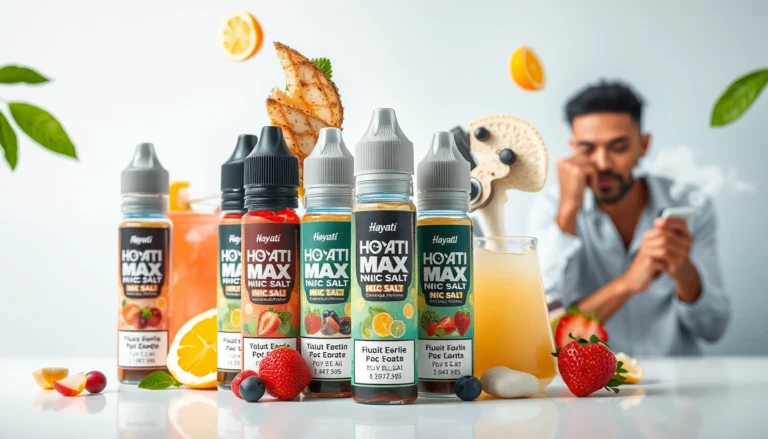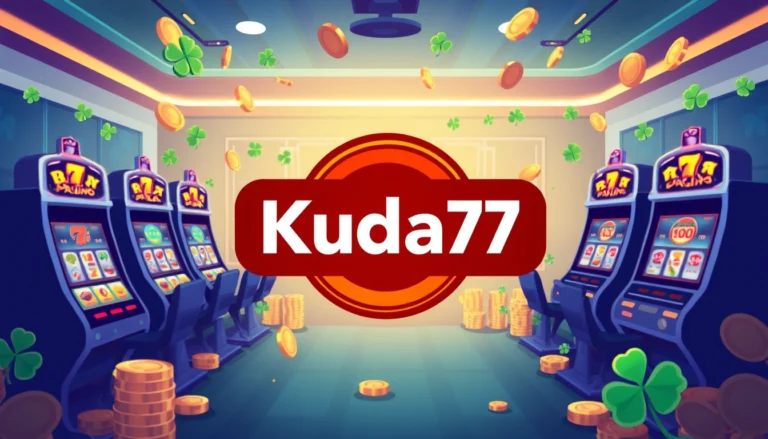German Shepherds Beware: Forbidden Foods
If you have a German Shepherd as a furry companion, you likely know that these canines are known for their loyalty, intelligence, and agility. They make great family pets and are also commonly used in various tasks such as search and rescue, police and military work, and even therapy dogs. However, just like any other dog breed, German Shepherds have specific dietary needs that must be met to maintain their health and well-being. It’s important for pet owners to know and understand what foods are safe for their German Shepherds and what foods are strictly off-limits. In this article, we will discuss the forbidden foods for German Shepherds and the potential dangers they can pose to your furry friend.
The Importance of a Proper Diet for German Shepherds
German Shepherds have a unique metabolism and require a diet that is high in protein and fat. This is because they are an active breed and need plenty of energy to support their daily activities. A well-balanced diet is crucial for their muscle development, bone health, and immune system. Proper nutrition also plays a key role in maintaining a healthy coat and skin, preventing obesity, and reducing the risk of certain health conditions such as hip dysplasia and digestive problems.
Forbidden Foods for German Shepherds
While it may be tempting to share some of your favorite human foods with your German Shepherd, it’s important to remember that their digestive system differs from ours. Some of the foods that are safe for humans can be extremely dangerous for dogs, including German Shepherds. Here are some of the forbidden foods that you should never feed your furry friend:
- Chocolate: Chocolate contains caffeine and theobromine, both of which are toxic to dogs. Ingesting even a small amount can cause vomiting, diarrhea, and excessive thirst. In severe cases, it can lead to seizures, heart problems, and even death.
- Grapes and Raisins: These seemingly harmless fruits are toxic to German Shepherds and can cause kidney failure. It’s best to avoid giving your dog any food or treats that contain grapes or raisins.
- Macadamia Nuts: Macadamia nuts are commonly found in many baked goods and are often used in chocolate-covered snacks. These nuts can cause vomiting, tremors, and weakness in dogs, and in some cases, they can lead to pancreatitis – a serious and potentially life-threatening condition.
- Onions and Garlic: Both onions and garlic contain compounds that can damage a dog’s red blood cells, resulting in anemia. If consumed in large amounts, it can cause weakness, vomiting, and diarrhea. It’s important to note that these toxic effects can also occur if your dog ingests onion or garlic powder, which is commonly used in some pet foods and treats.
- Avocado: The pit, skin, and leaves of an avocado contain a substance called persin, which can cause vomiting and diarrhea in dogs. The high-fat content in avocados can also lead to pancreatitis in some cases.
What Can German Shepherds Not Eat?
In addition to the foods mentioned above, there are also some other foods and ingredients that German Shepherds should not consume. These include:
- Xylitol: Xylitol is a sugar substitute commonly found in candy, gum, and other sugar-free products. Ingesting xylitol can cause a sudden and dangerous drop in blood sugar levels, leading to seizures and liver failure in dogs.
- Alcohol: Alcohol is highly toxic to dogs and can cause vomiting, diarrhea, and even death if consumed in large amounts.
- Salt: Ingesting large amounts of salt can lead to dehydration and even sodium ion poisoning in dogs. It’s best to avoid giving your German Shepherd any salty snacks or foods with high salt content.
- Coffee and Tea: Like chocolate, caffeine is also dangerous for dogs and can lead to similar symptoms such as restlessness, increased heart rate, and muscle tremors.
Conclusion
In conclusion, as much as we may want to spoil our furry companions, it’s essential to be mindful of what we feed them. While some foods may seem harmless, they can pose serious health risks to German Shepherds and other dog breeds. It’s always best to stick to a high-quality, well-balanced diet recommended by your veterinarian to keep your German Shepherd healthy and happy. If you’re ever unsure about whether a particular food is safe for your dog, it’s best to err on the side of caution and avoid it altogether. Remember, a healthy diet is crucial for your German Shepherd’s overall well-being and quality of life.
For more information on what foods are safe and not safe for German Shepherds, check out this informative article from Doggy Dietz. Your furry friend will thank you















+ There are no comments
Add yours